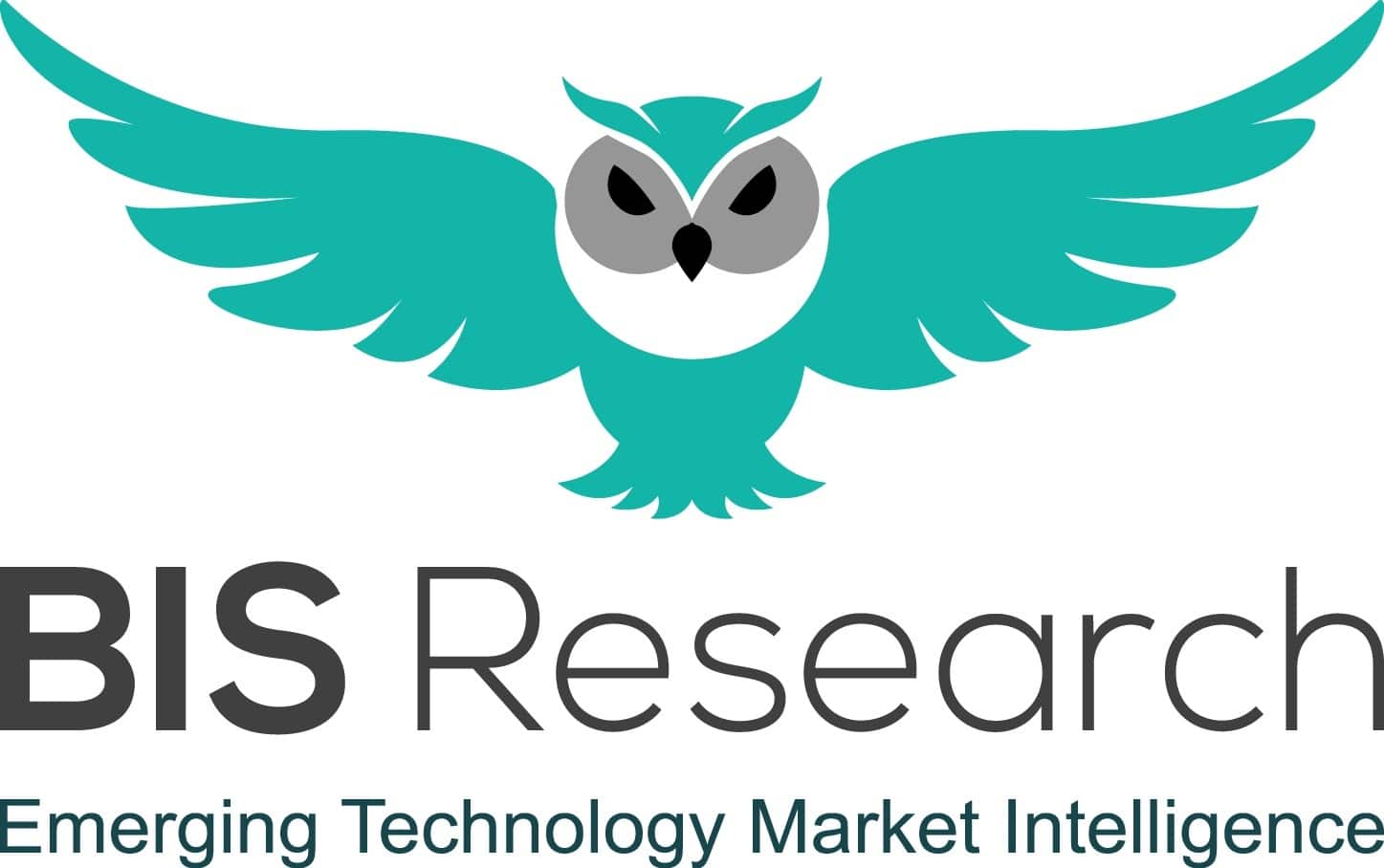BIS Research healthcare experts have found the Direct-to-Consumer Genetic Testing Market to be one of the growing markets, which is predicted to grow at a CAGR of 17.30% during the forecast period, 2021-2031. The direct-to-consumer genetic testing market’s growth has been primarily attributed to the major drivers in this market, such as growing number of direct-to-consumer genetic testing, increasing research funding in the field of molecular biology, and increase in awareness and acceptance of personalized medicine on a global level. However, genomic data protection, ethical and social issues, and lack of regulatory standards are some of the factors expected to restrain the market growth.
Decreased cost and time required for genetic sequencing has increased the acceptance of DTC genetic testing among the consumers. DTC genetic testing companies offer these genetic tests to their consumers through online channels and over-the-counter (OTC) channels, which has made these tests easily accessible to consumers around the globe.
The market is favoured by the increased research activities based on next-generation sequencing-based technologies. The technology has been segmented into targeted analysis, whole genome sequencing, and single nucleotide polymorphisms. The whole genome sequencing segment is expected to grow at the highest CAGR of 17.37% during the forecast period 2021-2031. This increase is mainly attributed to a large number of research and development being conducted due to the COVID-19 pandemic and regulatory approvals gained by key companies for genetic health risks-based tests.
Within the research report, the market is segmented on the basis of product type, technology, distribution channel, and region. Each segment covers the snapshot of the market over the projected years, the inclination of the market revenue, underlying patterns, and trends by using analytics on the primary and secondary data obtained.
Competitive Landscape
With the increasing consumer awareness and intense market penetration, companies such as 23andme, Inc., Ancestry.com, LLC, and Color Genomics have become pioneers and significant competitors in this market.
Other key players in the market are 24Genetics, Easy DNA, DNAfit, and My Heritage Ltd., among others.
The increased demand for complex and custom sequencing techniques, rising genetic testing services, and growing research to treat and diagnose genetic and infectious diseases have opened opportunities for companies to expand their product portfolios, increase automation facilitation, and develop novel consumer genetics solutions by adopting different strategic approaches. Some of the strategies followed by the contributors are new product launches and enhancements, agreements, collaborations, partnerships, acquisitions, and expansions. For instance, in 2020, Eastern Biotech & Life Sciences launched Genoplan, which offers advanced genetic tests analyzing hundreds of medical, health, and well-being categories.
As the industry is new and currently unregulated, skepticism arises among government organizations and customers about the validity of the test results. Despite the good acceptance in some countries, few countries still require genetic counseling to be part of their mainstream genetic tests. Companies can collaborate with physicians and genetic counselors to analyze the genetic test results or to pre-test counseling to the customers. This could also lead to opening a new distribution channel of the market, therefore increasing the sales of these genetic tests.
The direct-to-consumer genetic testing market has been widely accepted in North America and some regions of Europe, such as the U.K. as well as in few parts of Asia-Pacific. Companies exploring regions such as the U.A.E, China, South Korea, and EU5 can open many business opportunities. Establishes players as well as new entrants should be focusing on shaping the regulatory landscape for the different countries and paving the way for entry into the regulated market, thus gaining the confidence of the consumers. Expanding globally will result in the explosion of the market.
Furthermore, established key players in the market should work with governments to organize education and awareness programs for consumers and genetic counselors for effective interpretation of results, providing consumers a sense of empowerment, which will certainly help the growth of the market. Due to the limited awareness among consumers and training among primary physicians or genetic counselors, there are high chances of misinterpretation of results and inappropriate test utilization. Professional support to the consumers will help the consumers to understand better about the outcomes and transform the reach of healthcare to the consumers.
Request Sample – https://bisresearch.com/requestsample?id=1155&type=download
0






